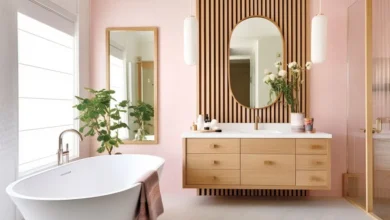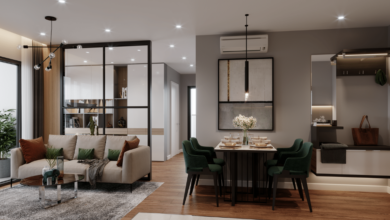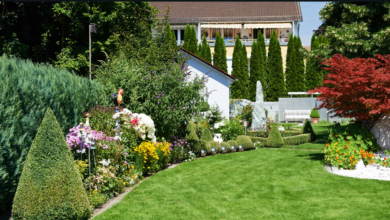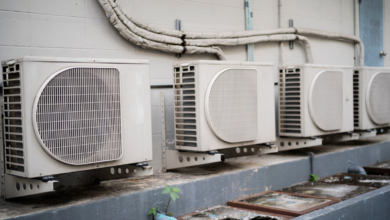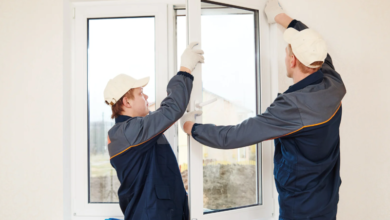How New Windows Can Enhance Energy Efficiency in Your Home
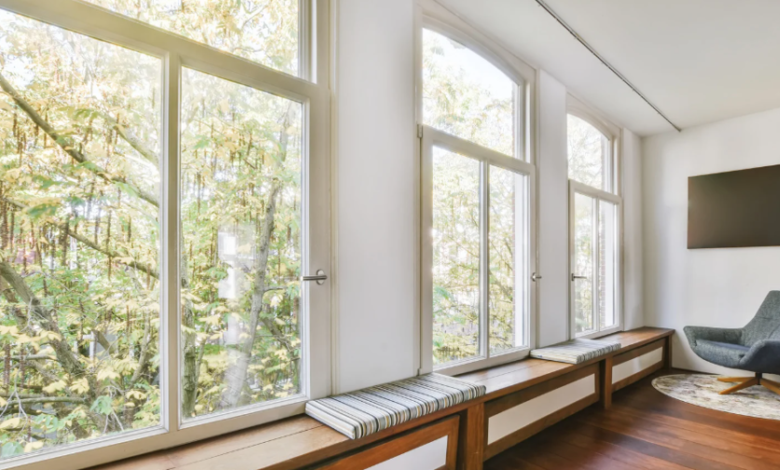
Windows are a critical component of any home’s energy performance. Beyond aesthetics and natural light, they significantly influence heating and cooling costs, indoor comfort, and overall energy efficiency. Outdated or poorly functioning windows are often responsible for air leaks, drafts, and thermal loss that drive up utility bills. Upgrading with modern energy-efficient options from a trusted window company in Dayton offers both immediate and long-term benefits—helping homeowners reduce energy waste, maintain consistent indoor temperatures, and improve overall property value.
The Energy Drain of Old or Inefficient Windows
Older windows, especially single-pane designs or those with deteriorated seals, can be a major source of energy loss. As outdoor temperatures fluctuate, poorly insulated windows allow heat to escape in the winter and enter during the summer, forcing HVAC systems to work harder. Even small gaps or cracks around frames can lead to significant energy inefficiency over time.
In addition, warped frames, broken glass, and aged caulking or weather stripping contribute to thermal transfer and moisture infiltration. These deficiencies don’t just impact energy bills—they can also result in condensation, mold growth, and compromised indoor air quality. Recognizing the signs that it’s time to call a window contractor for replacement windows helps homeowners take proactive steps before damage escalates.
How New Windows Improve Energy Performance
Modern replacement windows are engineered to reduce energy loss through improved insulation, advanced materials, and smart design features. Double- or triple-pane glass with argon or krypton gas fills helps prevent thermal transfer by creating a barrier between indoor and outdoor temperatures. Low-emissivity (Low-E) coatings further reflect heat while still allowing natural light to enter the home.
New windows also come with insulated frames and advanced weather stripping that eliminate common weak points found in older units. Together, these features contribute to lower energy consumption, fewer hot or cold spots, and reduced reliance on heating and cooling systems. The result is a more consistent and comfortable indoor environment throughout the year.
Custom Solutions for Your Home’s Design and Climate
Energy-efficient windows aren’t one-size-fits-all. The most effective upgrades are those selected with your specific home layout, orientation, and regional climate in mind. A professional contractor can recommend products that maximize efficiency while aligning with your aesthetic and functional needs. For instance, south-facing rooms may benefit from windows with higher solar heat gain coefficients, while shaded areas may prioritize insulation.
Understanding the top types of windows in a house for every homeowner is a great starting point for exploring options. Whether considering casement windows for better ventilation or fixed-pane styles for maximum insulation, homeowners can find a solution that fits both performance goals and design preferences.
See also: How to Improve Indoor Air Quality at Home
Long-Term Financial and Environmental Benefits
While window replacement requires upfront investment, the long-term savings often outweigh the initial costs. Energy-efficient windows can reduce heating and cooling expenses by 10 to 25 percent, depending on the quality of existing windows and overall home insulation. These savings add up quickly over time, especially in regions with extreme seasonal weather.
Moreover, homeowners may qualify for rebates, tax incentives, or energy-efficiency programs offered by local utilities or government agencies. In addition to financial returns, energy-efficient windows also reduce a home’s carbon footprint by lowering overall energy consumption. This makes them a smart upgrade for those who value both environmental sustainability and economic return.
Improved Comfort and Indoor Quality
Energy-efficient windows do more than save money—they improve quality of life. By reducing drafts and minimizing temperature fluctuations, they create a more comfortable living environment. Better insulation also helps reduce outside noise, particularly useful in urban or high-traffic neighborhoods. Additionally, modern glass technology blocks harmful UV rays, protecting furniture, flooring, and artwork from fading over time.
Conclusion
Replacing outdated windows with energy-efficient alternatives offers measurable improvements in comfort, efficiency, and home value. With expert guidance from a reputable window company, homeowners can select windows tailored to their needs, budget, and style. From better insulation to reduced utility costs and environmental benefits, new windows are a powerful investment in both performance and peace of mind. Prioritizing energy efficiency not only enhances daily living but also supports a more sustainable, cost-effective future for your home.

